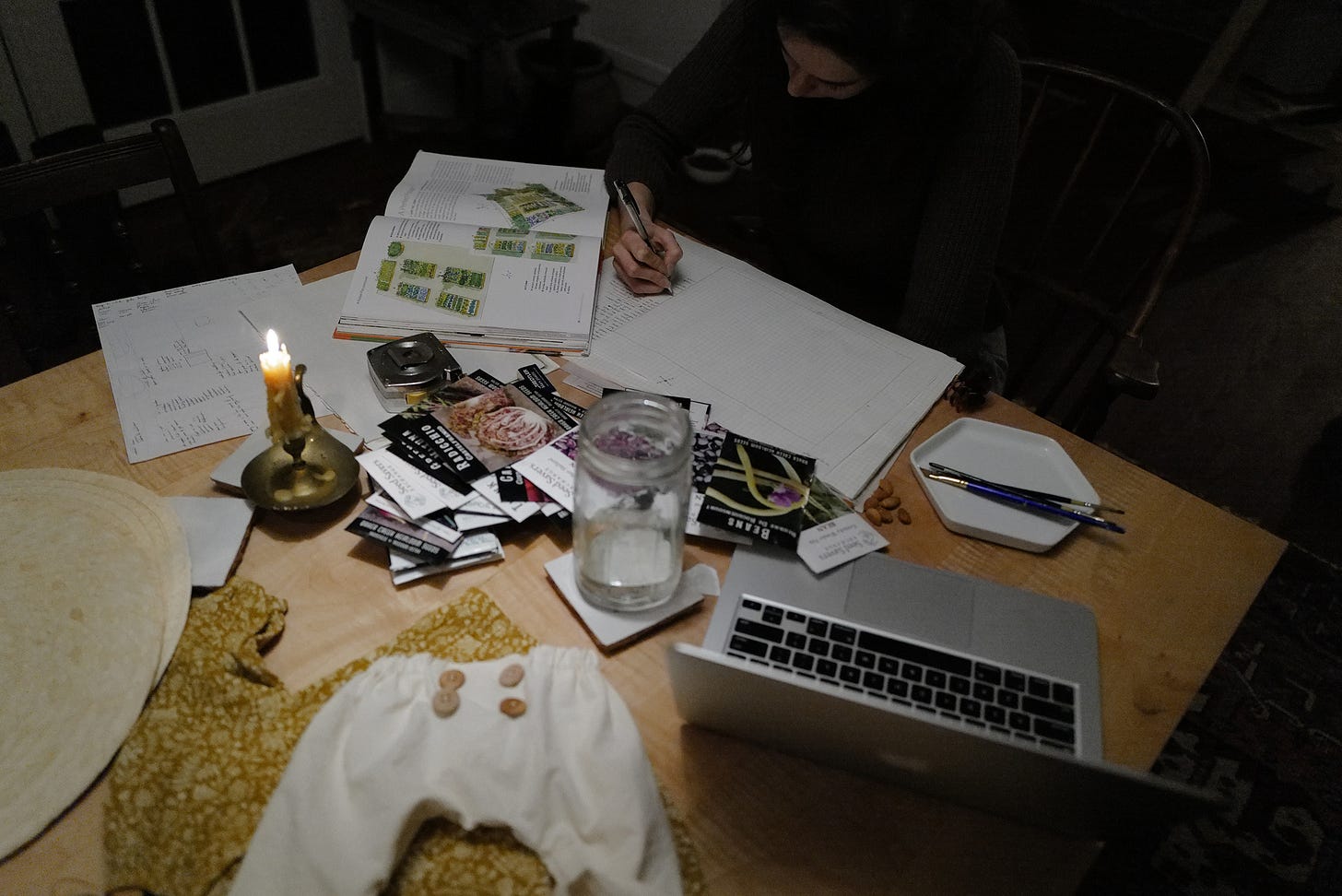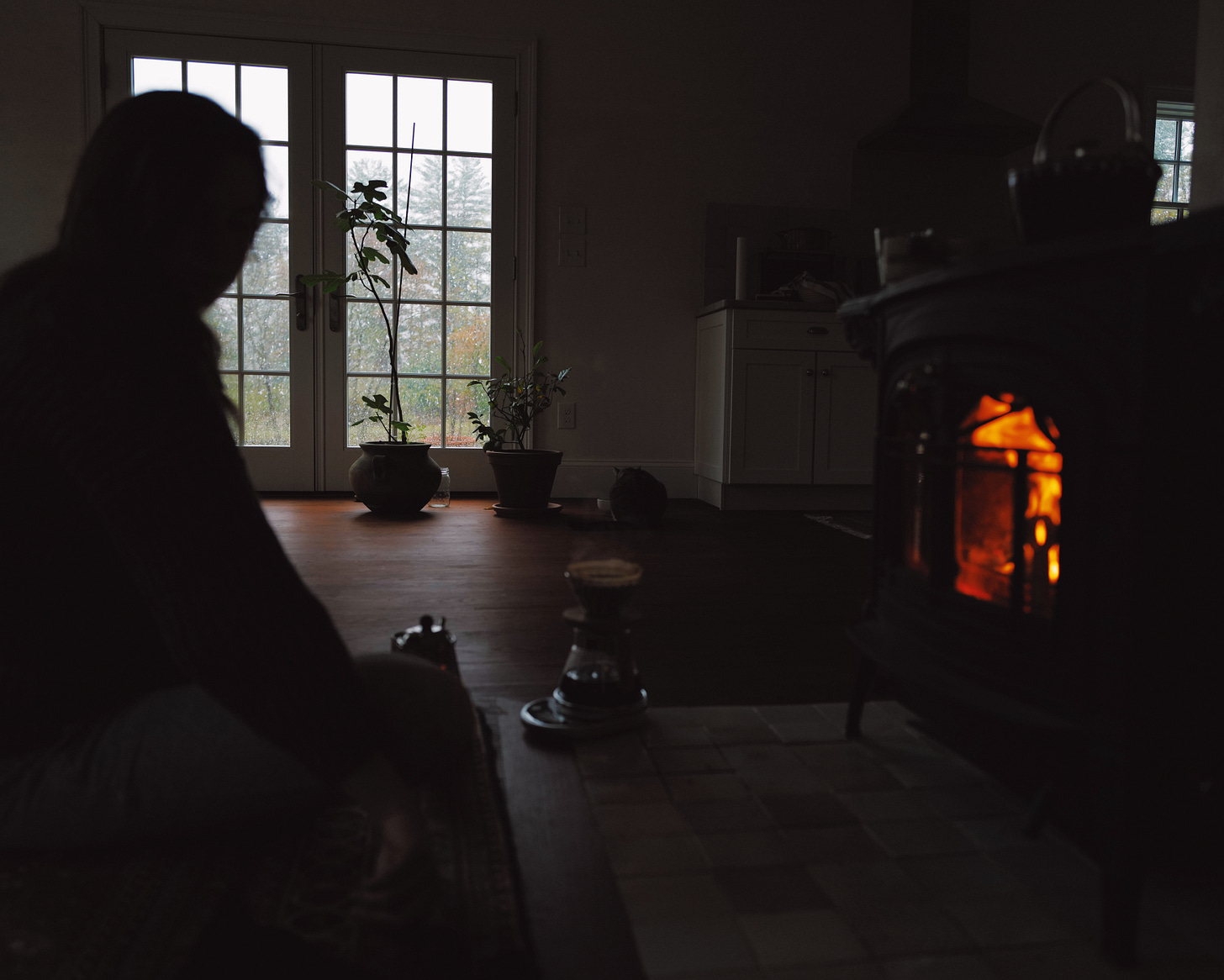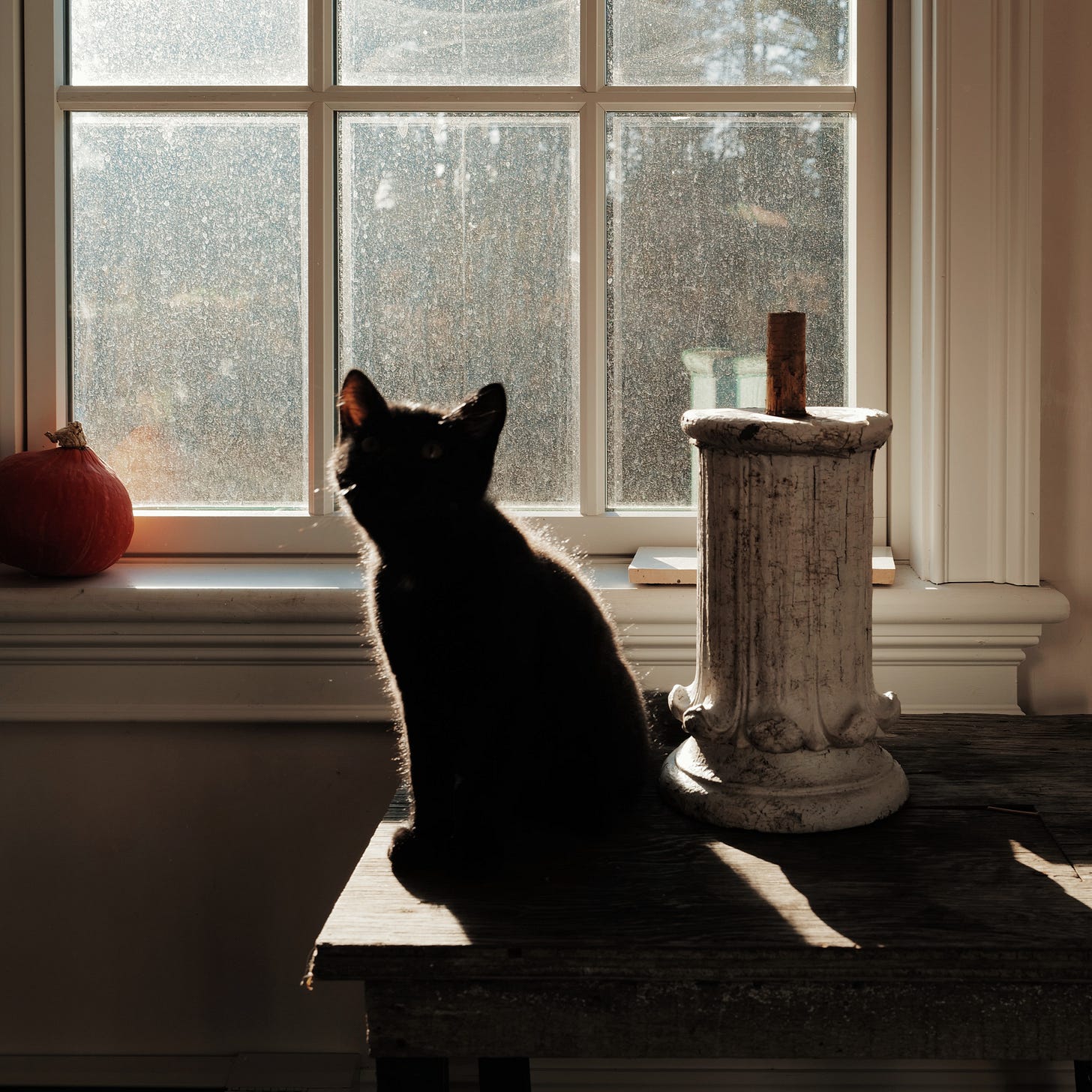On the Usefulness of Photography
Photography is a magical art and a surprisingly underrated tool. Combined with modern storage it is the biggest boost to memory since the invention of writing.
Taking “a photo a day” (as a diary, as practice) is a common concept among new photographers, but it’s really worthwhile for everyone. There’s an aesthetic component to this: Searching for a good photo in the every-day of life teaches us to notice our surroundings more.
Less obviously, one’s photo-a-day catalog creates a large improvement to memory. Just as hearing a few lyrics can recall to you an entire song, having a catalog of photos that spans years allows you to easily recall what was happening say, two years ago this time, or how some project was going, or remind you just how long it took, or that it happened at all. Looking back on the record of day-to-day life is also its own kind of beautiful. Sometimes it’s pointed out how crazy it is for people to visit landmarks, museums, or go to concerts, etc just to view them all through their phone cameras. I agree: tourist attractions and stage events are probably the last places you should use your camera.
But some people also say—when recounting old stories or explaining how something came to be, or describing what came before, or where they used to live—that they wish they had more pictures from those times. This seems more agreeable, what you should be recording are not the destination events of life so much as the much more mundane things: rainy mornings, making cookies, the process of building a shed or starting a garden, or your child trying to learn to brush his teeth.
When sorting through hundreds of shoebox photos (maybe other families are different, but my family keeps their physical photos mostly in old shoe boxes) and using them to evoke stories, my grandparents would always seize on the commonplace. They would seize on the people, too: In pictures from a road trip to the Yosemite valley, pictures of the Yosemite vistas were not the most interesting interesting. What was interesting was seeing my uncle and mother as children, and how they got on in their RV. This has always stuck with me, and for years I tried to not take any photos unless a person was in frame. (I’ve relaxed this a bit in recent years).
Digital photo collections have enormous value as your personal shoeboxes, and once you’ve taken at least a photo a day for a few years its surprisingly rewarding to look back on even recent history. I have found that just casually looking back helps me recall large amounts from those years. It also helps one notice what’s important. Once you have a year of photos, find some memories you liked, and look up what was in the national news on that day. Which was more important to you? Which is more worthy of your attention?
~ ~ ~
“A camera is a device for learning how to see without a camera.” —Dorothea Lange
A lot of people think that photography disconnects the viewer from the world, imagining for instance the person holding their phone at a concert, but I think often it’s the opposite. Practicing photography compels you to ponder what is meaningful and beautiful in your surroundings. Once you gain this aesthetic self-discovery, it stays with you forever. This I think is what Dorothea meant.
These days it is possible to live particularly disembodied existences, enabled by environments and transportation so comfortable you can wear flip-flops in New England all winter long if you want to. My hope is that the quest every day for a good photo causes you to be outdoors and on foot more. On foot it is impossible to remain out of touch. You notice a lot more of the world, which is the point, because observation is a skill to be developed, and a necessary one before understanding aesthetics. You don’t need photography practice it, but the reflection helps.
If you are motivated, you may become so dissatisfied with your environment that you decide to remake it more beautifully. With daily photography, this may happen often, usually when you want to take a picture of something and the background is incredibly messy so you decide to pick up! So its a great excuse to keep a cleaner house, but I think it will also permanently sharpen your attention.
Learning to be on the lookout for beautiful things is a way of contesting the relentlessly rationalistic view of the world that surrounds us. Just as we produce thoughts by talking things over, we produce memories by composing them and reflecting. By taking lots of photos you may come to find more things you cherish.
That’s all I have time for. I hope I have not written too quickly. Soon I’ll write how I edit photos before posting, which I hope is easy to follow. (edit: the second part is now up, here)
Here in New Hampshire it is finally raining after the earth suffered the first stages of drought for a few weeks. The poppies I have sown all over the front of the house have died, but I haven’t given up just yet—right before this rain I sowed thousands more. The chickens followed me trying to make a meal out of it, hopefully they didn’t get too many.
Goodbye for now.
Squeak, from November





This is so, so good. It encapsulates everything I feel about photography – the words I could never put together.
I was going through TIME's most popular images (subjective), and the common trait was that it was all pieces of documentation/important events in history. It was a big turning point for me to realize photography on a personal level is about lifelong memories, over landscapes and `pretty` views. You alluded to it below.
"What was interesting was seeing my uncle and mother as children, and how they got on in their RV. This has always stuck with me, and for years I tried to not take any photos unless a person was in frame. (I’ve relaxed this quite a bit in recent years)."
Great post! Totally unrelated question, but what's the title of the gardening book shown in the first photo? :)